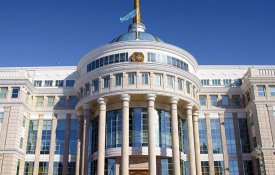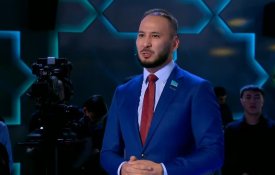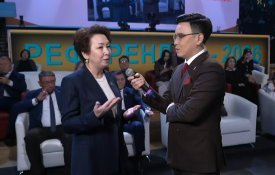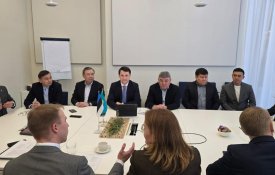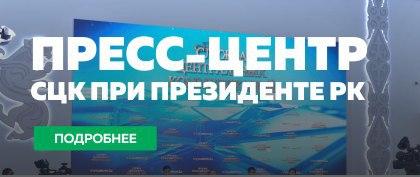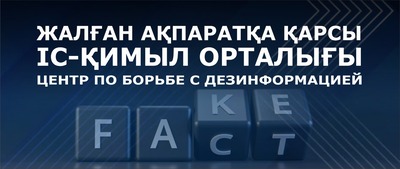“In the modern world, we cannot take and instill one ideology in everyone. The Kazakh nation has become complex, divided into many groups, and it's not just about the ethnic structure. We have different political views. We are right and left, isolationists and globalists. There are many such contradictions. But the main thing in such a situation is the basic understanding that we are first Kazakhs, and then members of political parties, social movements or associations of property owners. And in order for the civic identity to dominate the rest, we need to turn to the foundations of the social order,” the speaker noted.
According to him, most Kazakhstanis see Kazakhstan in the future as a multinational country, where the majority of citizens speak Kazakh, Russian and English. Unfortunately, trust between citizens at the same time leaves much to be desired. Research shows that economic growth and life satisfaction depend on the level of trust in society.
“We do not trust not only the institutions of power, but even our neighbors in the residential complex. Often distrust is caused by representatives of other ethnic groups and religions. What tools can we use to build trust? Trust is not built through verbal interventions. We need to change the social environment in order to form the necessary attitudes in people. First of all, political reforms work for this, which you, Kassym-Jomart Kemelevich, have made the main state priority this year. Deep changes in the Constitution will lead to a completely new quality of our political system. The strengthening of the representative branch of government - locally and at the republican level - creates a channel for broad civil interaction. Different groups that lived in captivity of illusions and stereotypes about ideological opponents will meet within the walls of the Mazhilis and maslikhats. This will completely reformat the relationship between the state and society,” Shatalov said.




